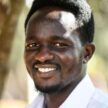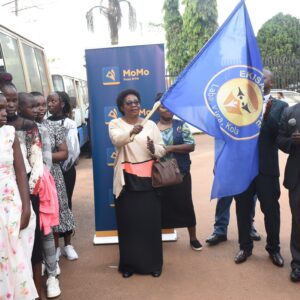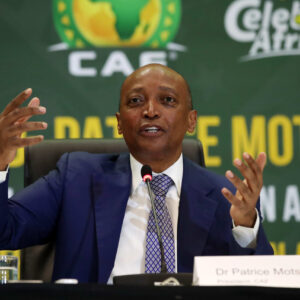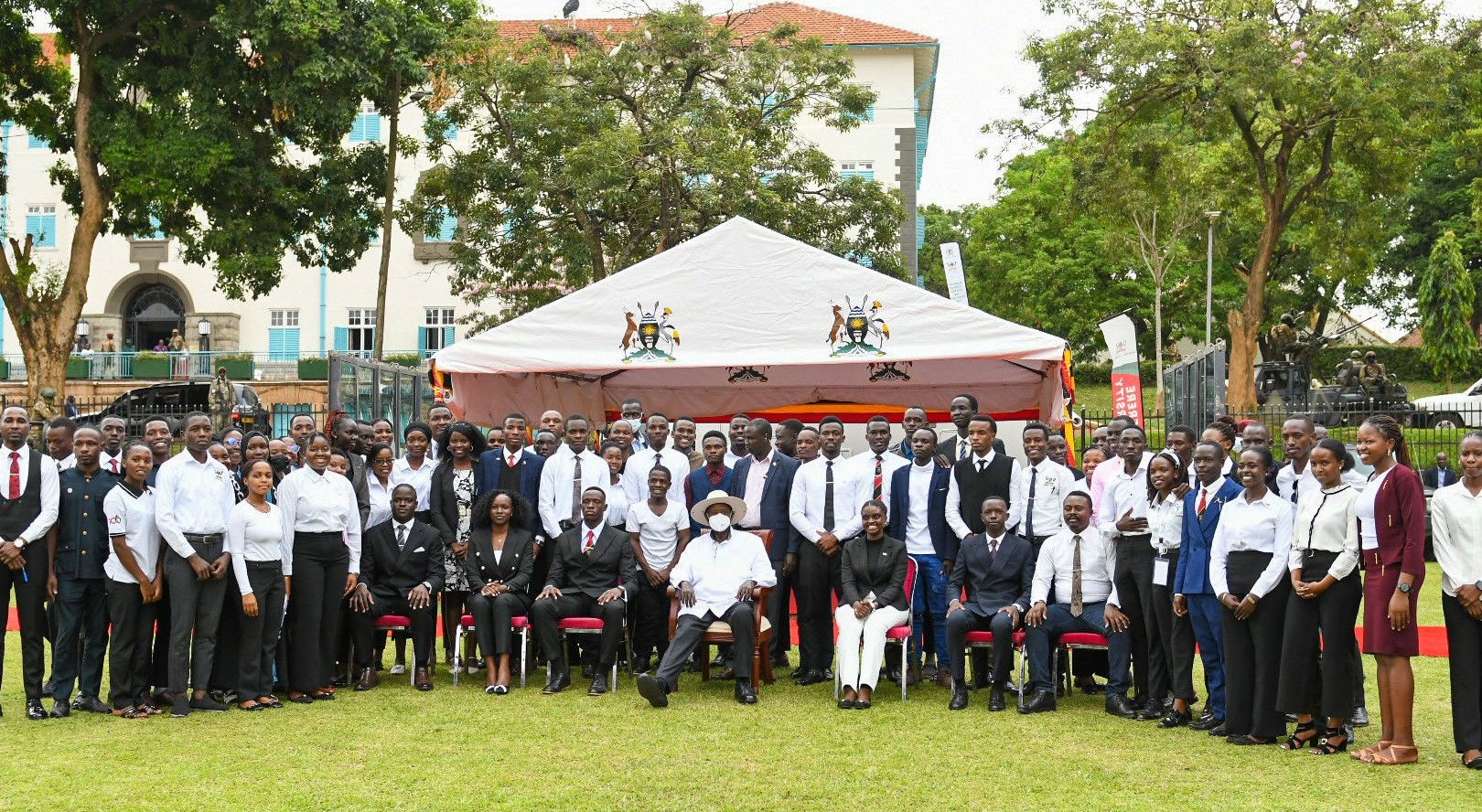Several prominent Ugandan media houses, including Nation Media Group (NMG), BBS TV, and NBS TV, have withdrawn their journalists from covering the Kawempe North parliamentary by-election on Thursday following a wave of violent attacks by security operatives. The decision, announced in the early afternoon as polling unfolded, came after reporters faced severe beatings, equipment confiscation, and threats at gunpoint, raising alarm over press freedom and the integrity of the electoral process.
The chaos erupted in the lead-up to and during the by-election, which pits NUP’s Erias Nalukoola Luyimbazi against nine other candidates, including the National Resistance Movement’s (NRM) Faridah Nambi. Reports of violence against journalists surfaced as early as Wednesday, when NUP leaders, including Secretary General David Lewis Rubongoya and Leader of Opposition Joel Ssenyonyi, stormed a residential house in Nammere, Kawempe North, alleging it was a hub for pre-ticking ballot papers. The confrontation turned ugly, with security personnel—some in uniform, others in civilian attire—assaulting journalists covering the incident. A BBS TV crew had their vehicle damaged, while NBS reporter Thomas Kitimbo and cameraman Hassan Wasswa were among those beaten, with Wasswa requiring medical attention after his equipment was seized.
By Thursday, the situation worsened as polling stations opened. Journalists from NMG’s NTV and Daily Monitor, including senior reporters Solomon Nabakooza and Raymond Muhairwe, reported being targeted by armed soldiers and undercover operatives. “They put us at gunpoint and told us not to record anything,” one NTV journalist recounted in a broadcast before the network pulled its team. NBS TV followed suit, with its leadership citing the “unacceptable attacks” as justification for withdrawal. BBS TV, already reeling from Wednesday’s incident, also recalled its crew, leaving a significant void in live coverage of the election.
The National Unity Platform seized on the violence to bolster its claims of electoral fraud. NUP leaders asserted that the beatings were a deliberate tactic to prevent journalists from documenting vote stuffing and other irregularities. “They’re beating journalists to stop live coverage because they’re stuffing ballots right now,” Rubongoya alleged in a statement from Kawempe, where he himself sustained injuries during Wednesday’s clash. Ssenyonyi echoed the sentiment, urging the Electoral Commission (EC) to clarify its oversight of the process, which he described as “a sham designed to silence the truth.”
The Uganda Police Force and Uganda People’s Defence Forces (UPDF), key players in the election’s security deployment, offered conflicting responses. Kampala Metropolitan Police spokesperson Patrick Onyango defended the operatives’ actions, claiming they were responding to provocation by NUP supporters who had disrupted order. “We’ve taken proactive steps to mitigate electoral violence,” Onyango said, referencing the presence of Field Force Unit, Military Police, and 999 patrol vehicles. However, Police spokesperson Kituuma Rusoke, appearing on NBS TV, acknowledged concerns over the assault on journalists, suggesting that some officers may have acted outside guidelines. “It was not an intended action against them,” he said, promising an investigation—an assurance met with skepticism by media advocates.
The Uganda Parliamentary Press Association (UPPA) condemned the attacks as “a blatant violation of press freedom and human rights,” pointing to a pattern of aggression against journalists covering opposition events. The assault on Spark TV’s Steven Kibwiika, who was hospitalized Wednesday, and Top TV’s Miracle Ibrahim, injured earlier in the campaign, underscored the escalating risks. “This is a deliberate attempt to suppress media freedom and control information flow,” UPPA President Samuel Ibanda Mugabi stated, demanding accountability.
Media houses expressed anguish over the decision to withdraw but prioritized staff safety. Daniel Kalinaki, a senior NMG editor, announced the pullout, noting that journalists were being “targeted and attacked by armed soldiers” with no guarantee of protection. The absence of live reporting from major outlets has left voters and observers reliant on sporadic updates, amplifying fears that irregularities could go unchecked in the opposition-leaning constituency.
The Kawempe North by-election, triggered by the death of NUP MP Muhammad Ssegirinya in January, was already fraught with tension. Clashes between security forces and NUP supporters, arrests of party leaders, and allegations of rigging had set a volatile stage. Thursday’s violence against journalists—coupled with NUP’s vote-stuffing claims—has cast a shadow over the EC’s assurances of a free and fair process, with Chairperson Justice Simon Byabakama yet to address the latest developments.
As results trickle in, the withdrawal of media coverage threatens to obscure the full picture of an election already teetering on the edge. For Uganda’s press, the beatings mark another grim chapter in a long struggle for freedom amid political turbulence, leaving the nation to grapple with both the outcome and its cost.







